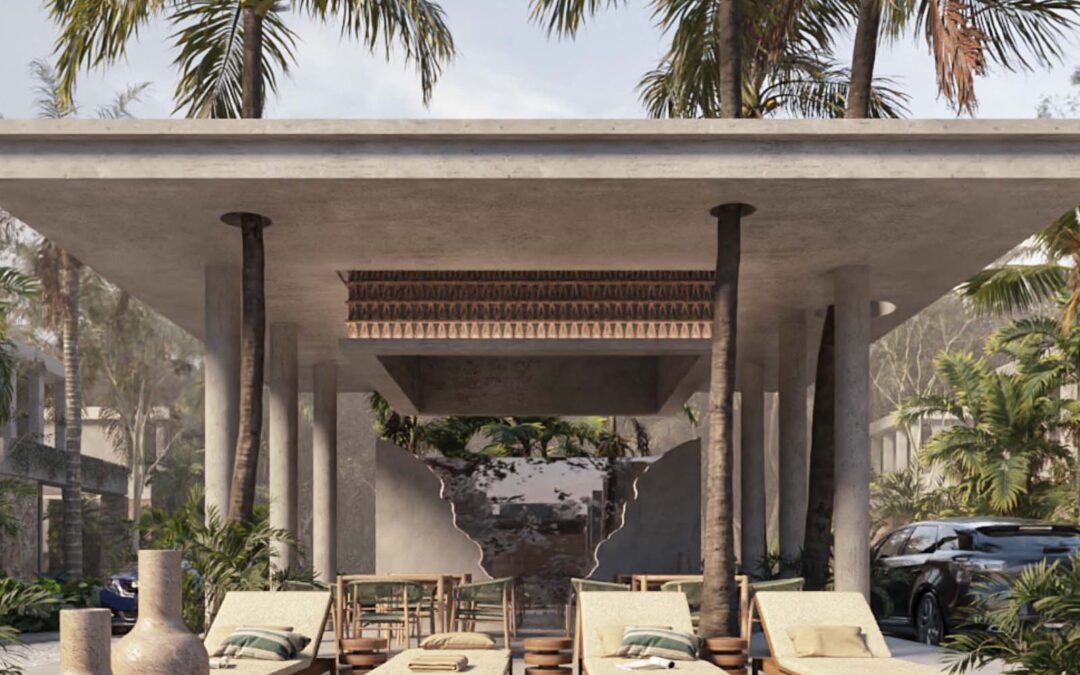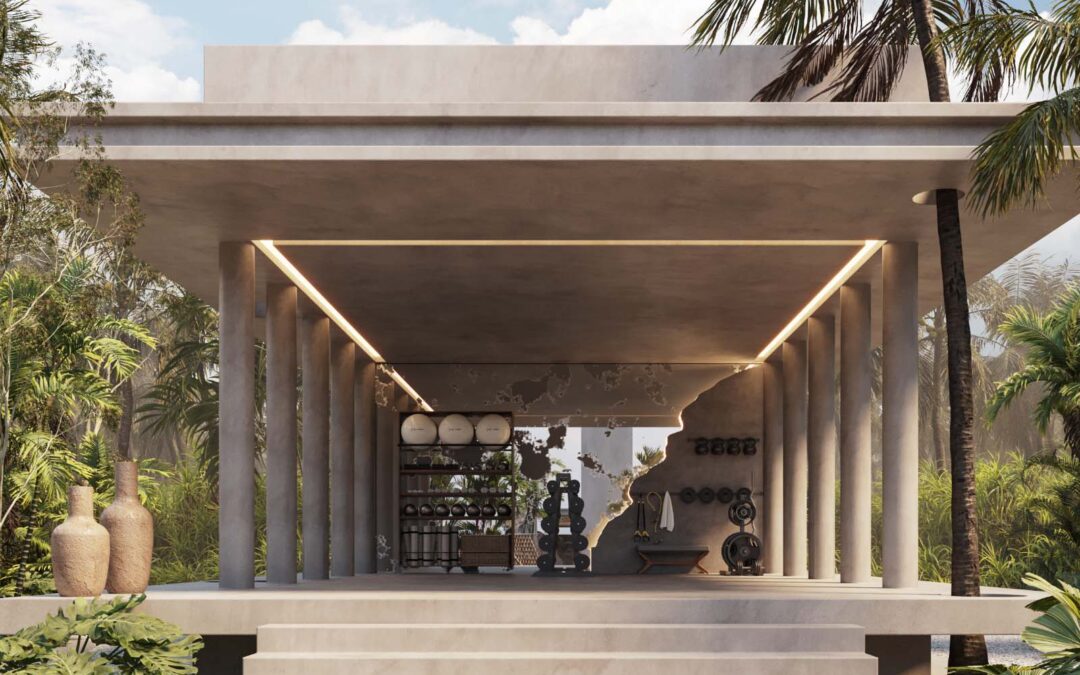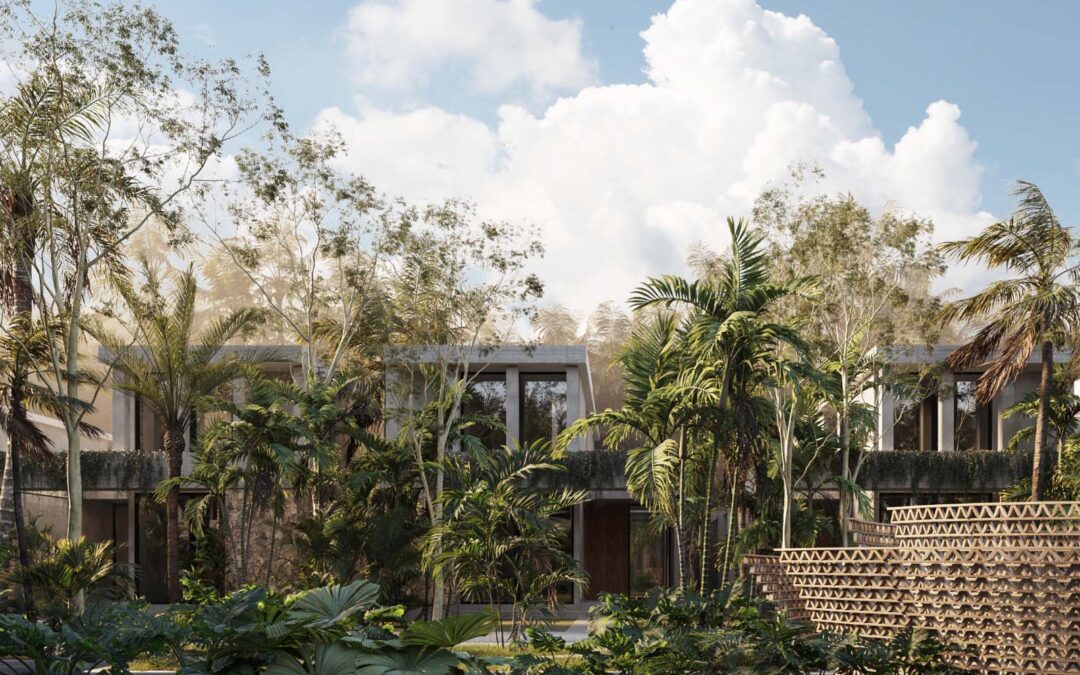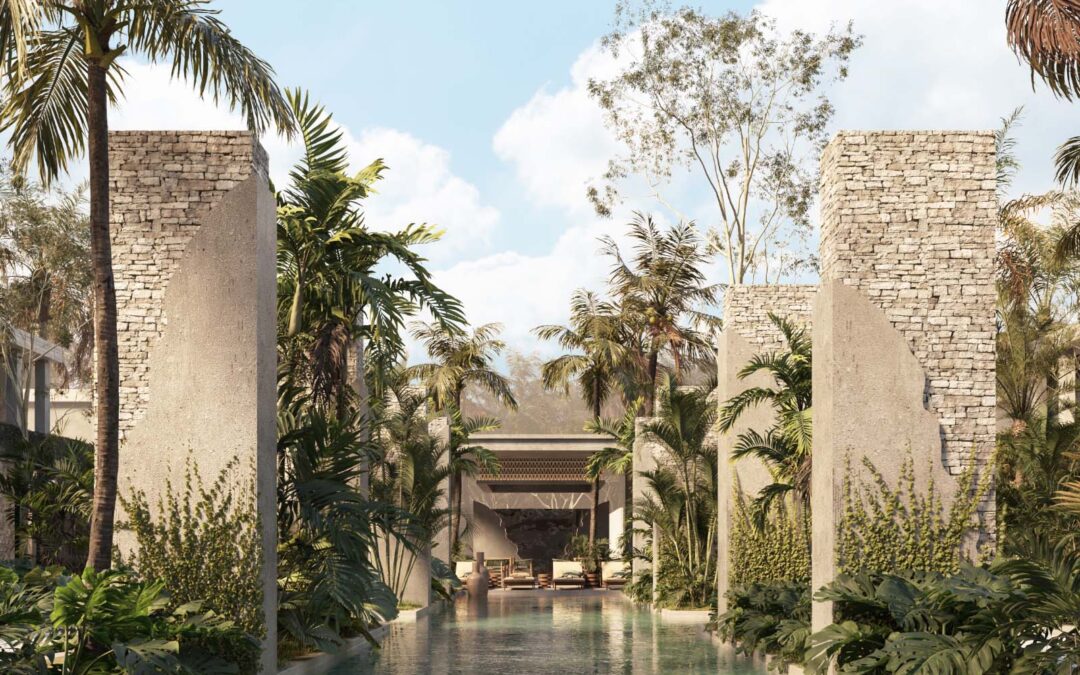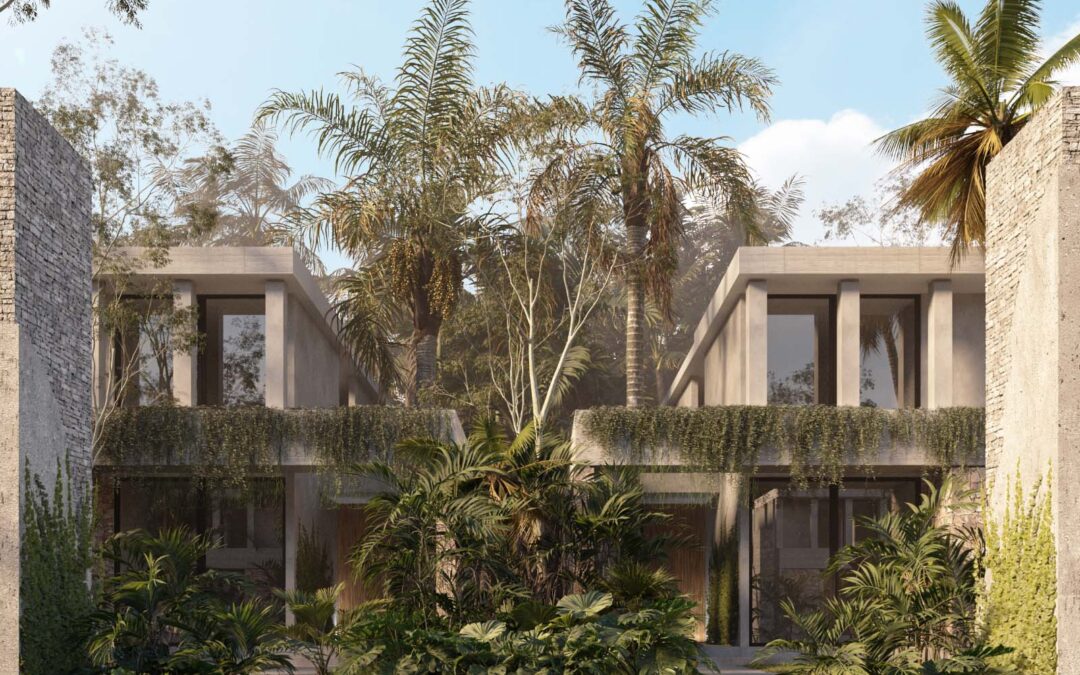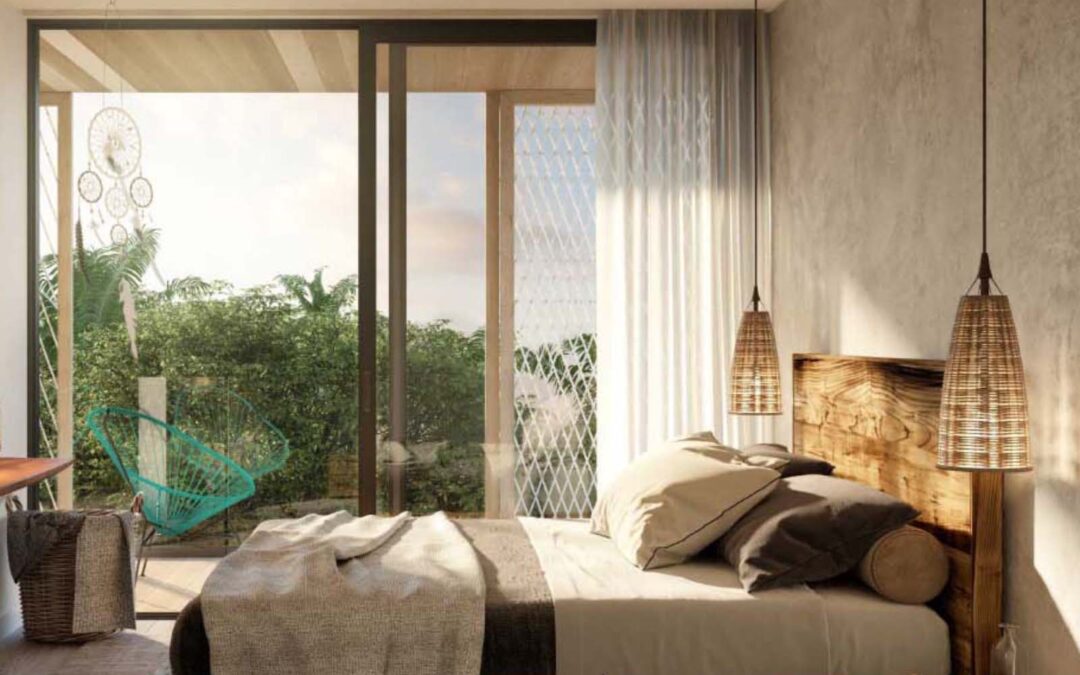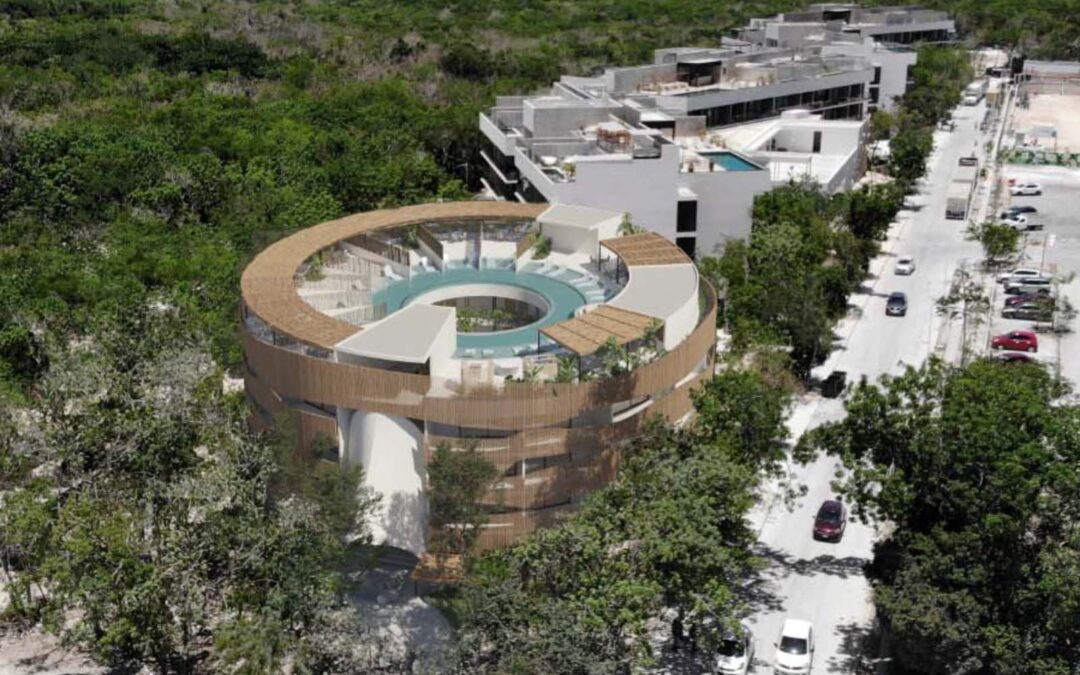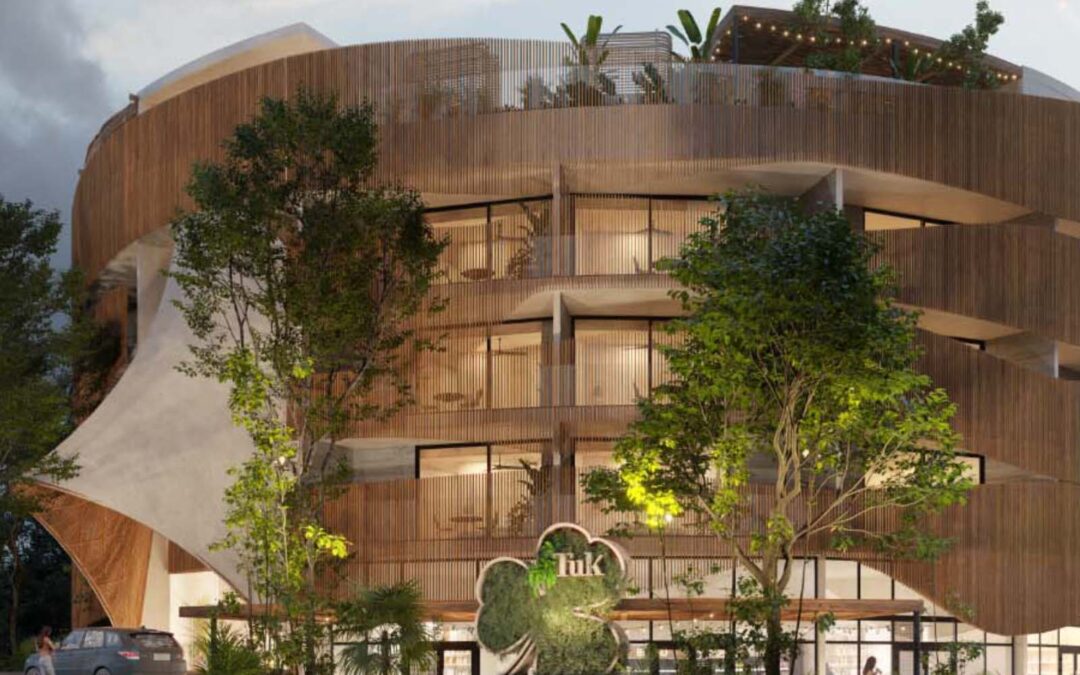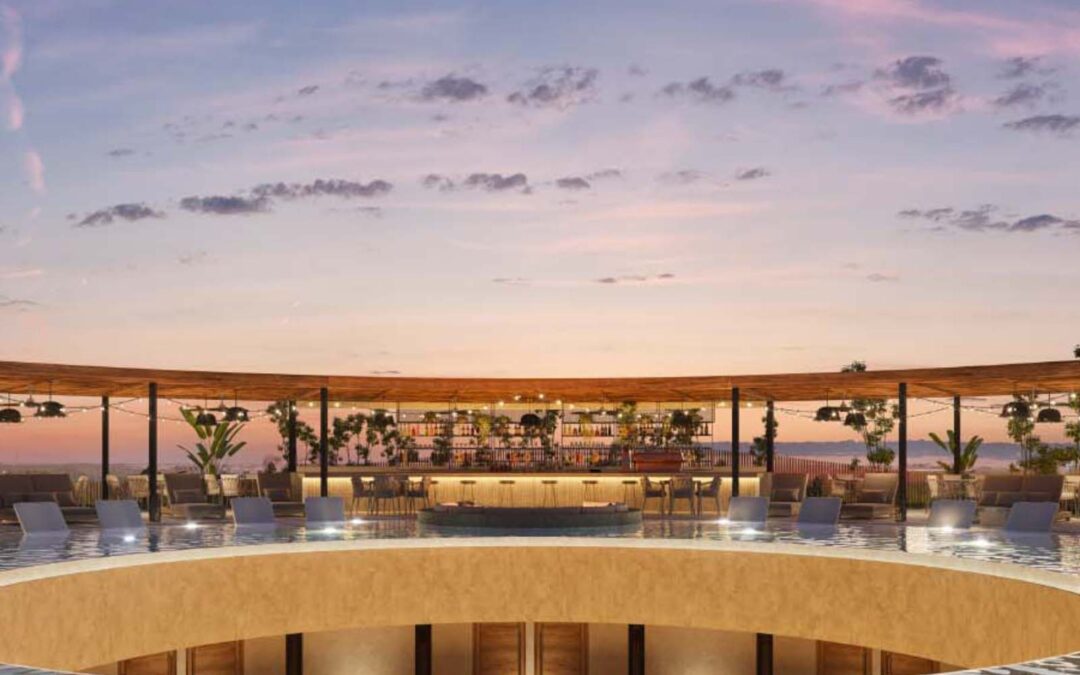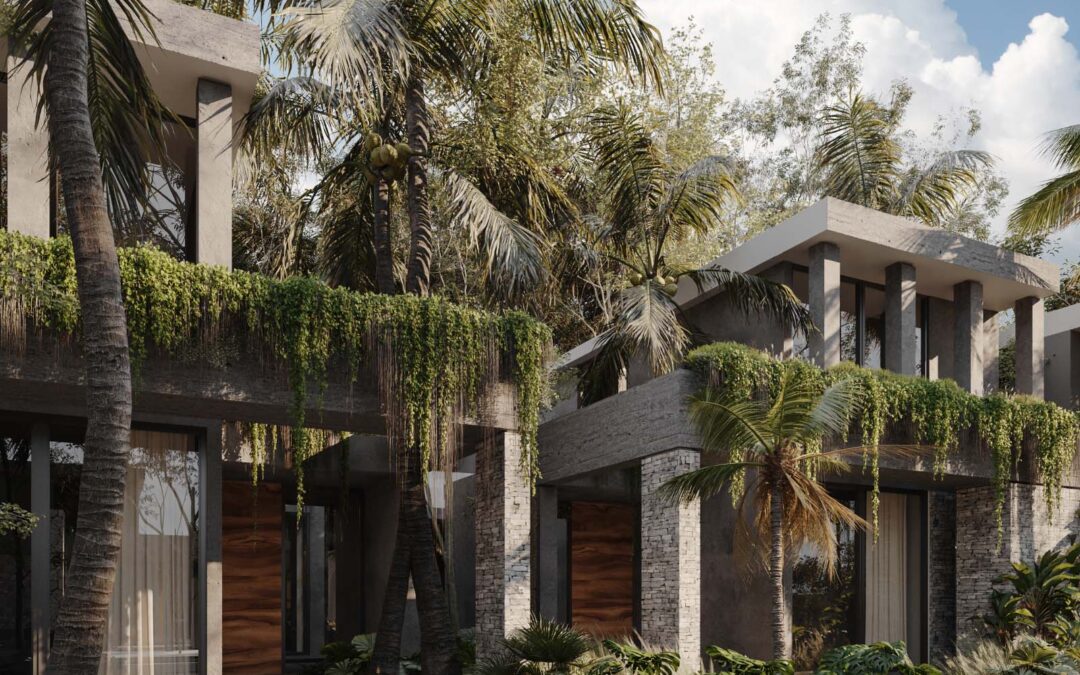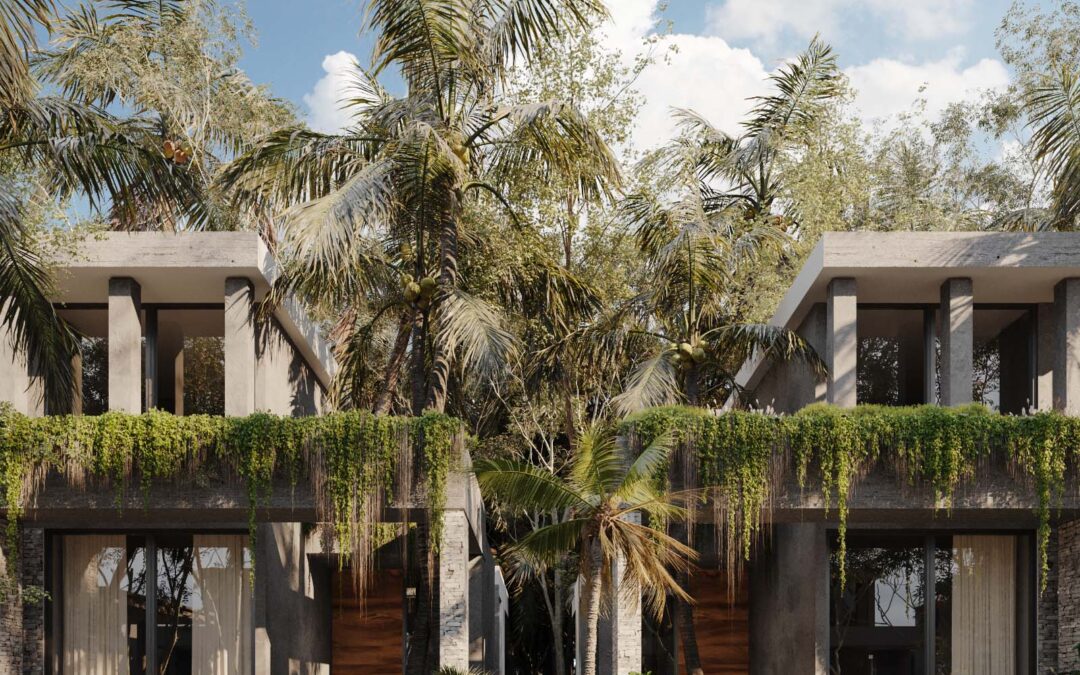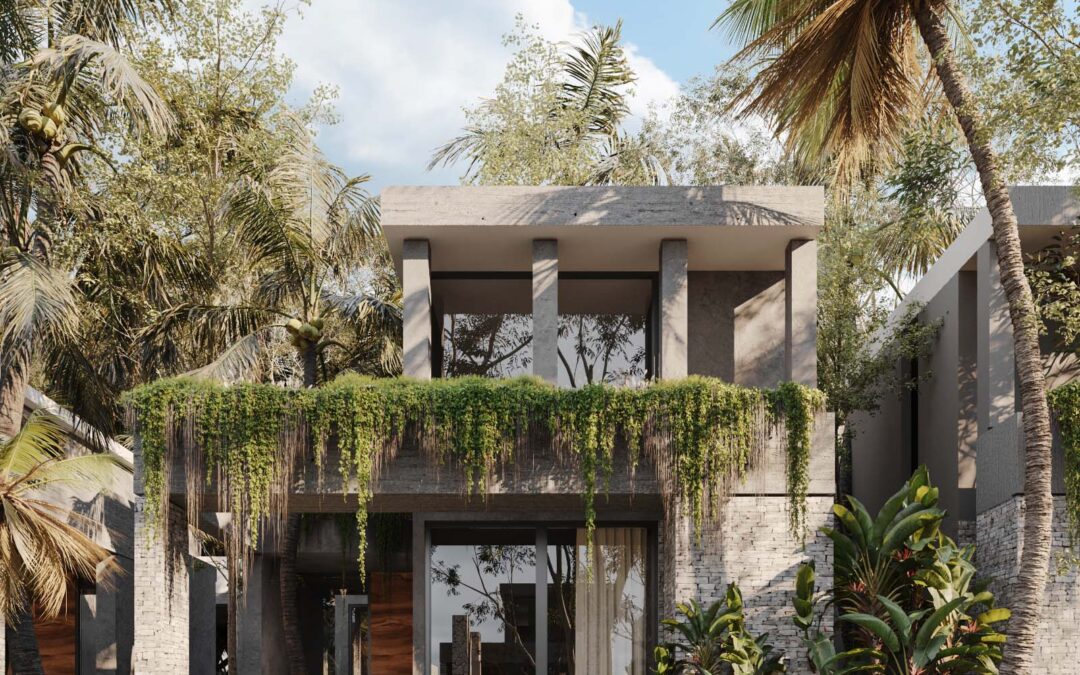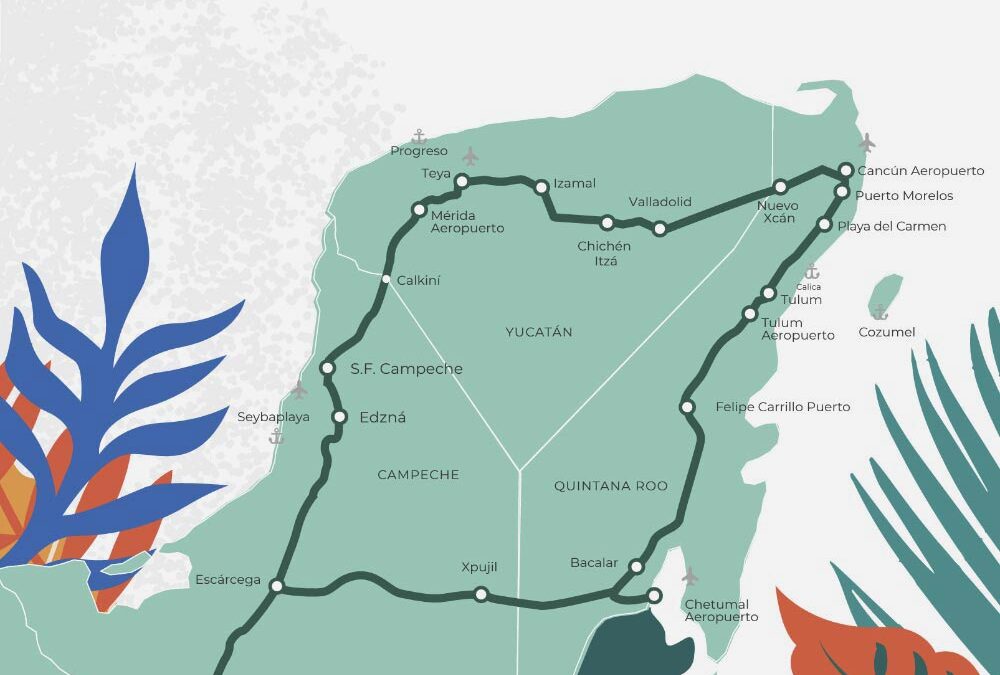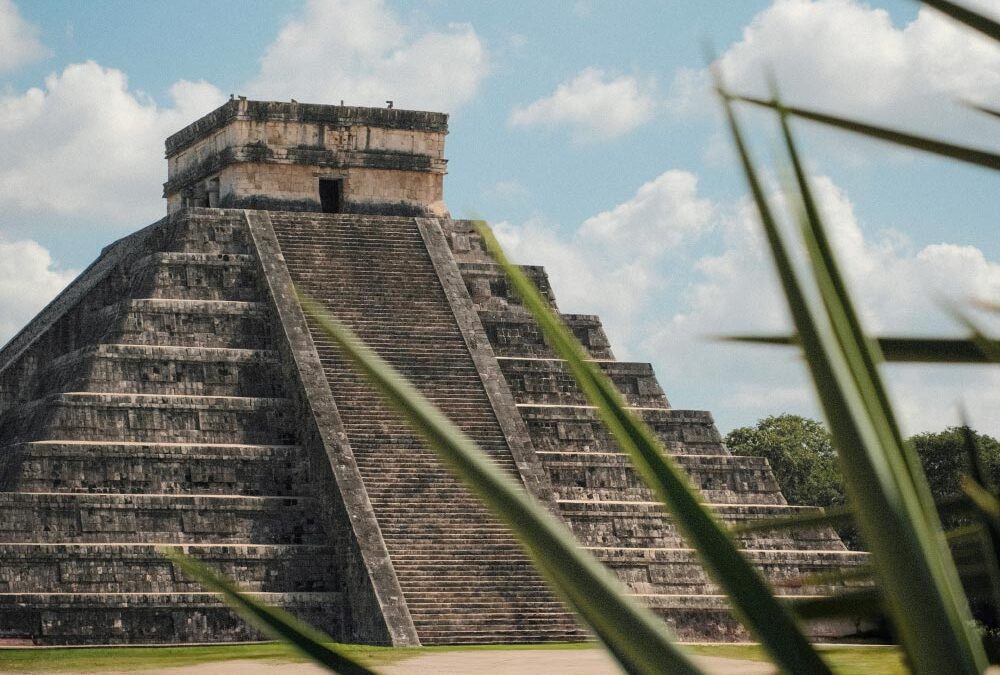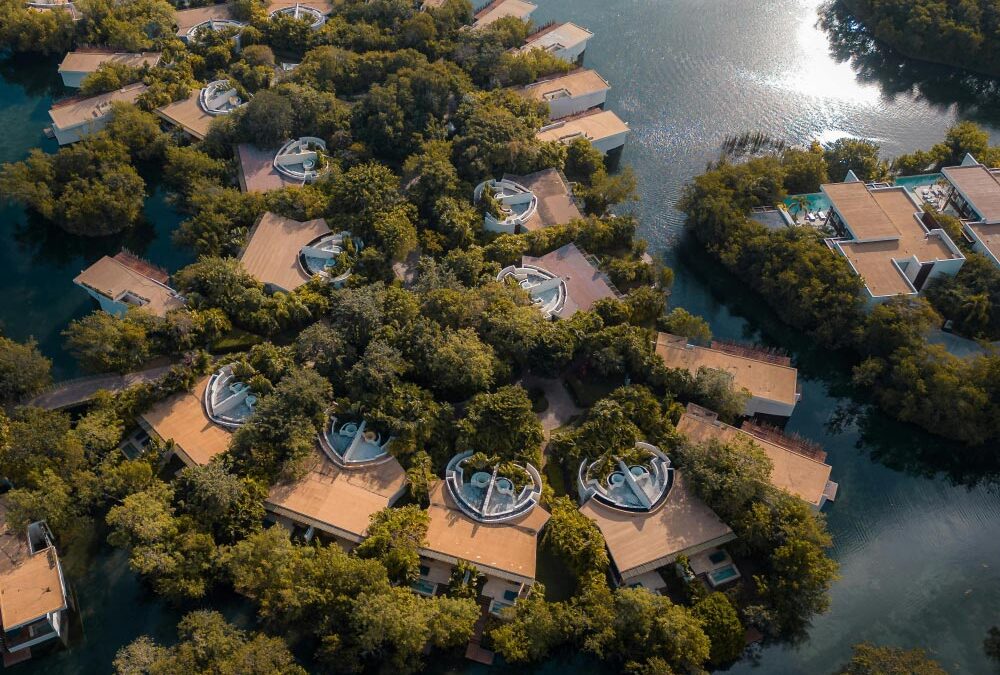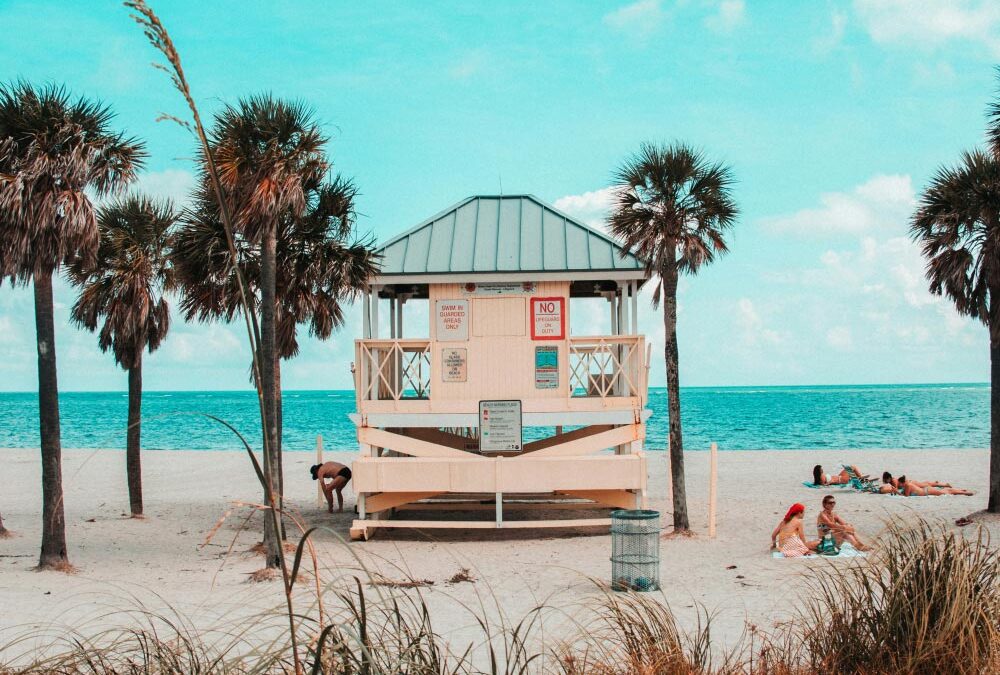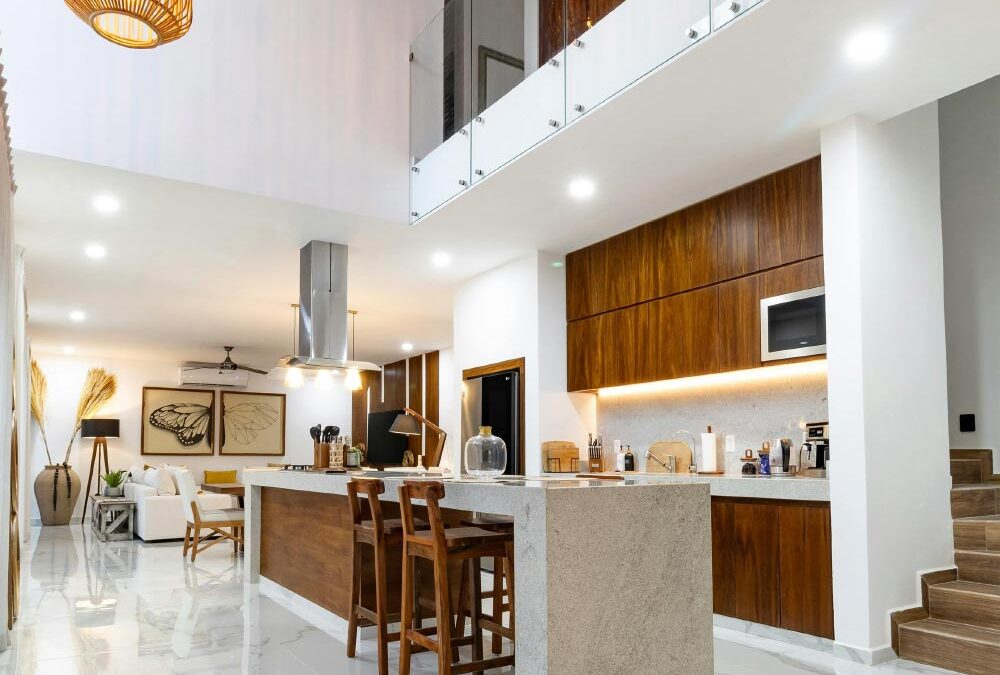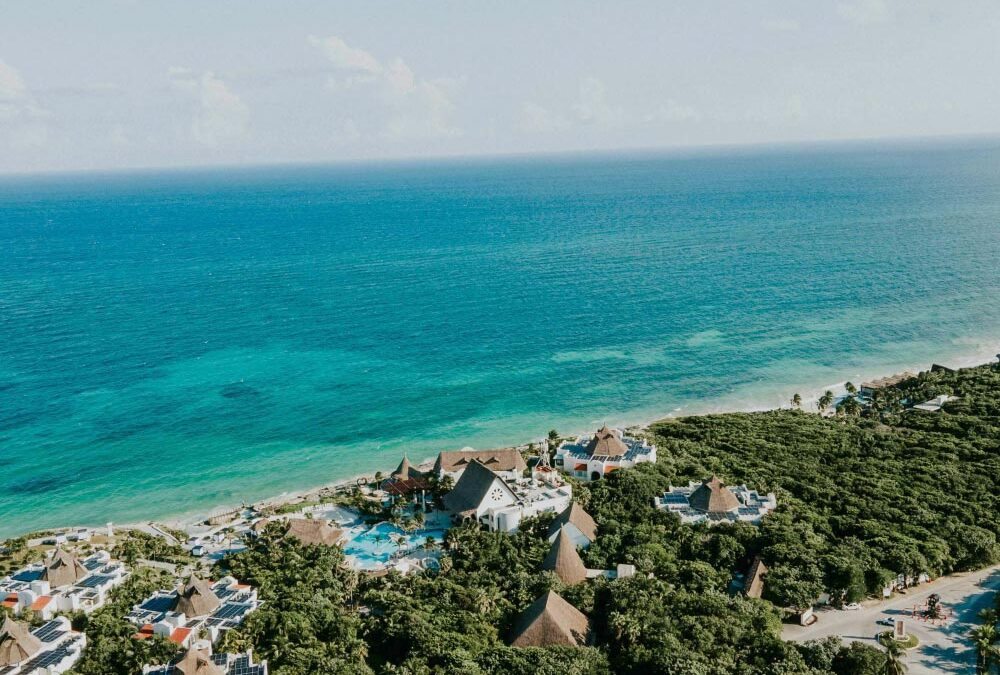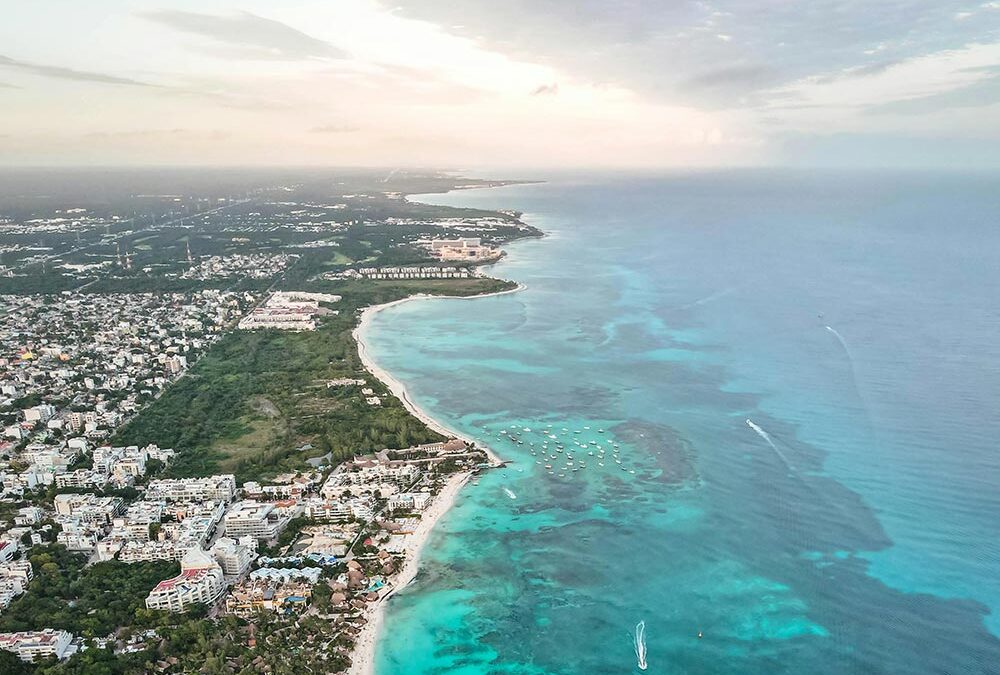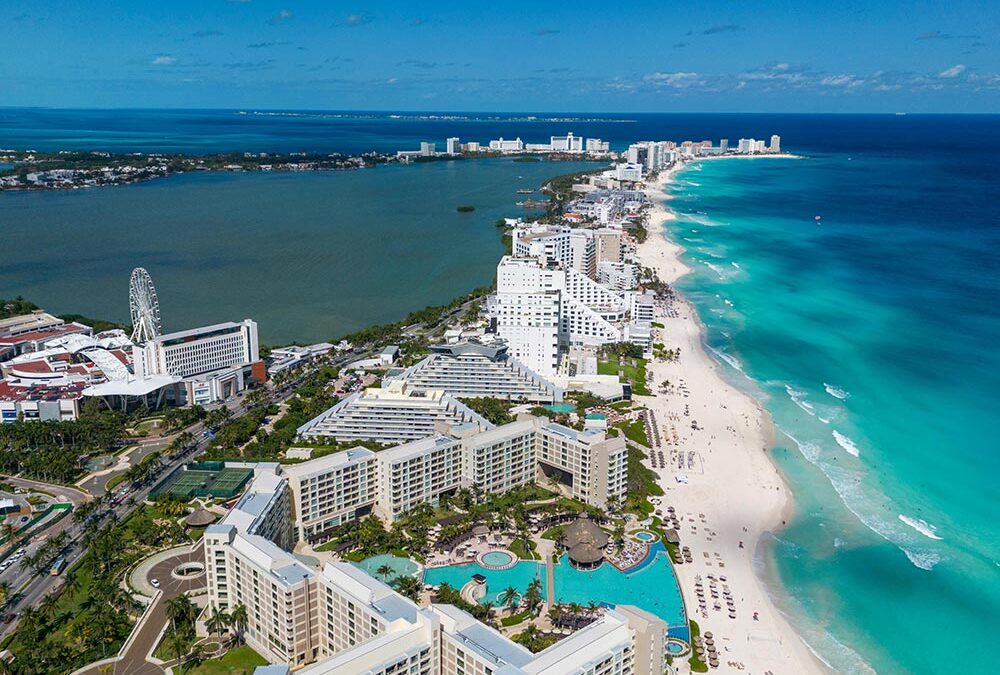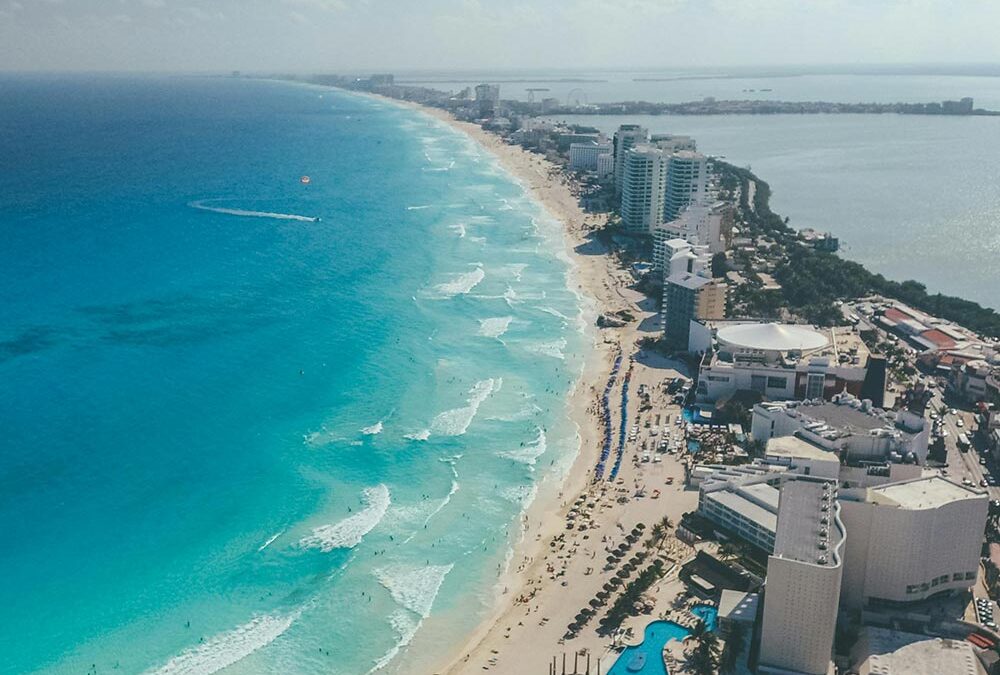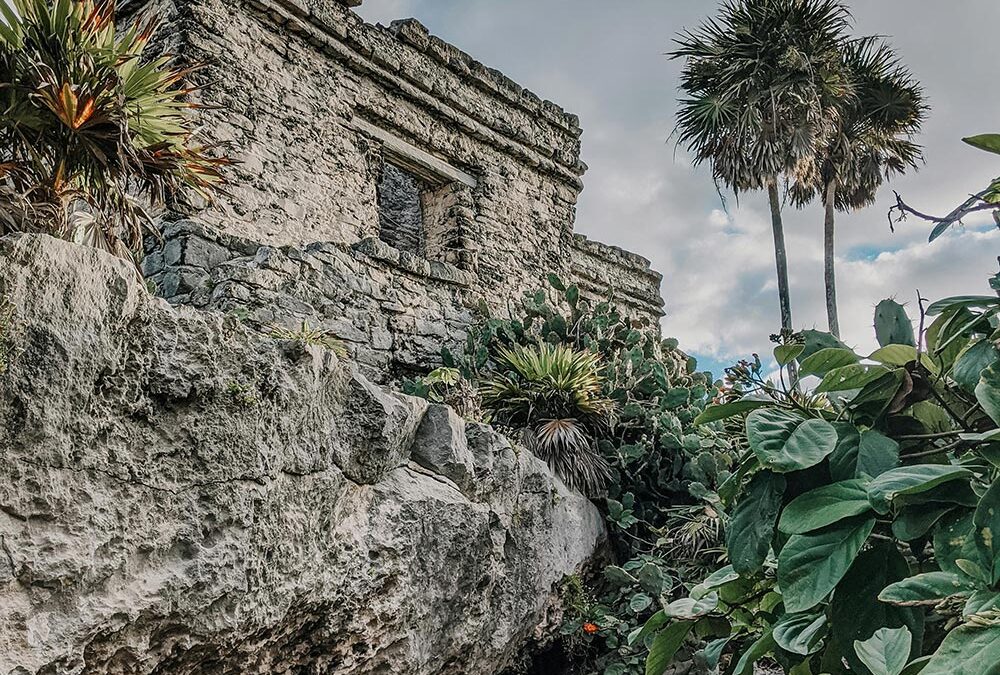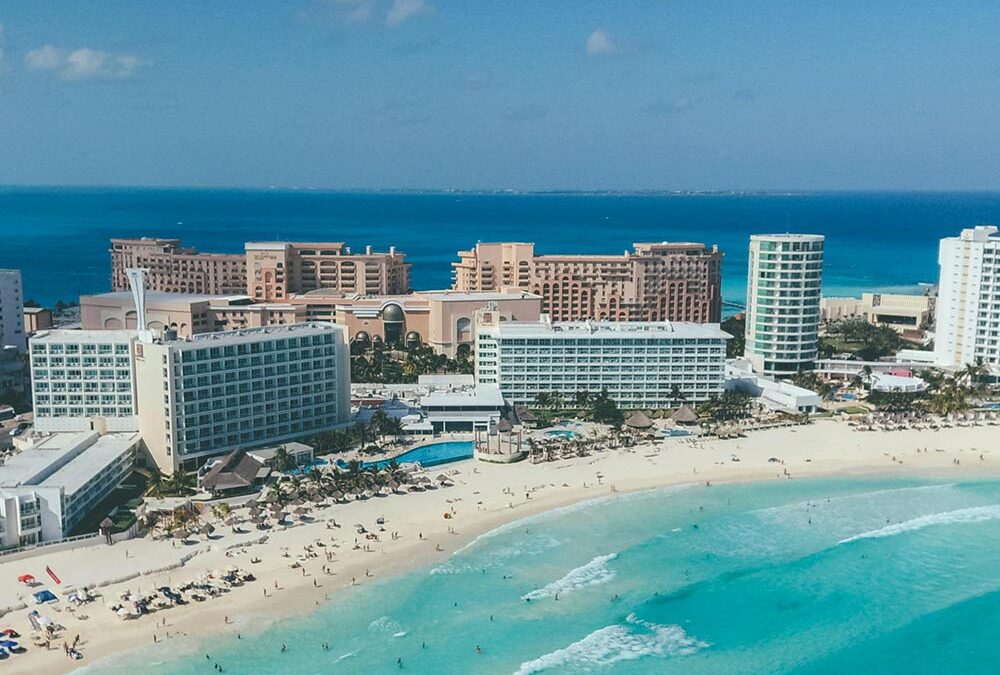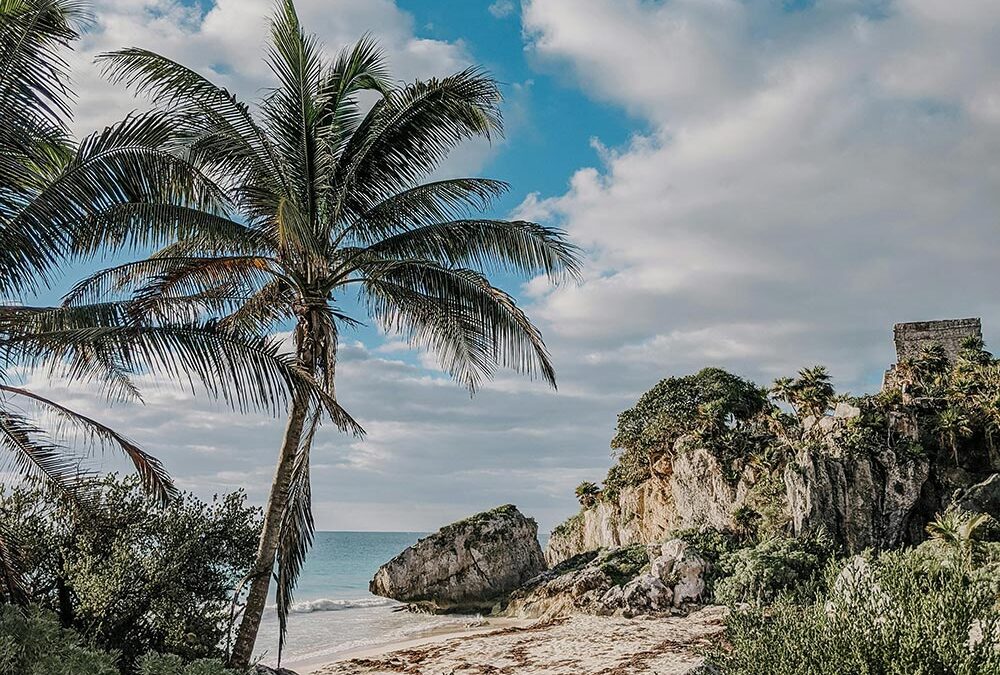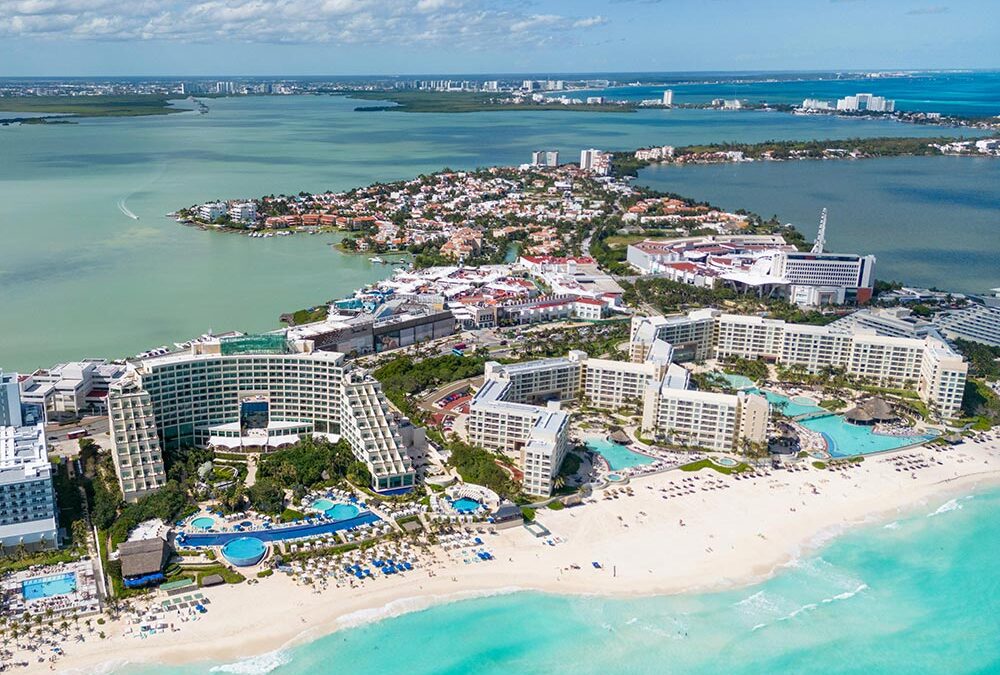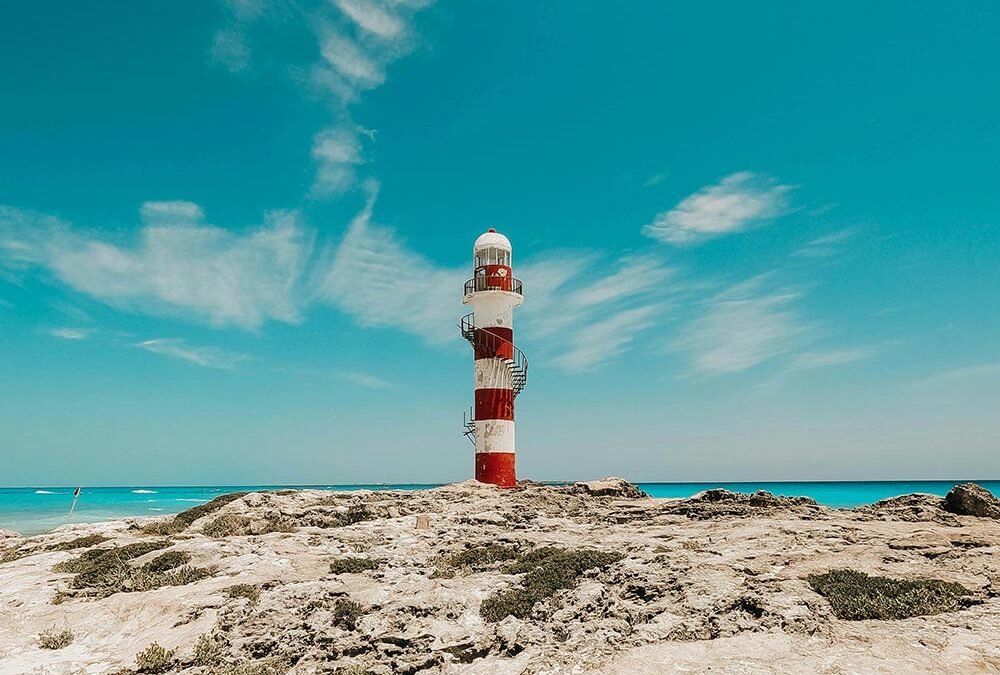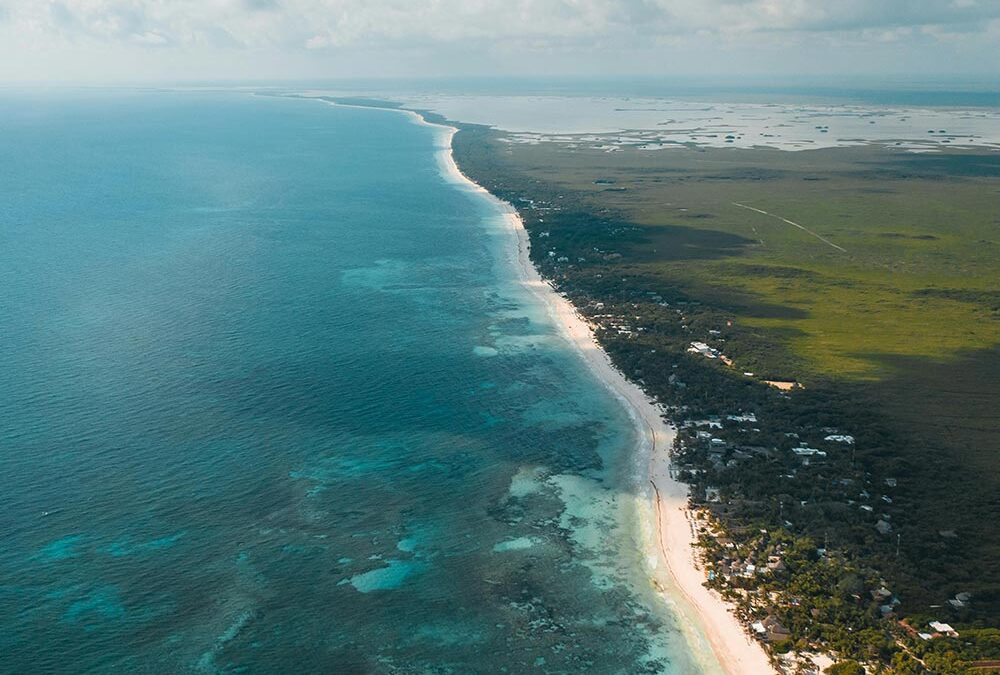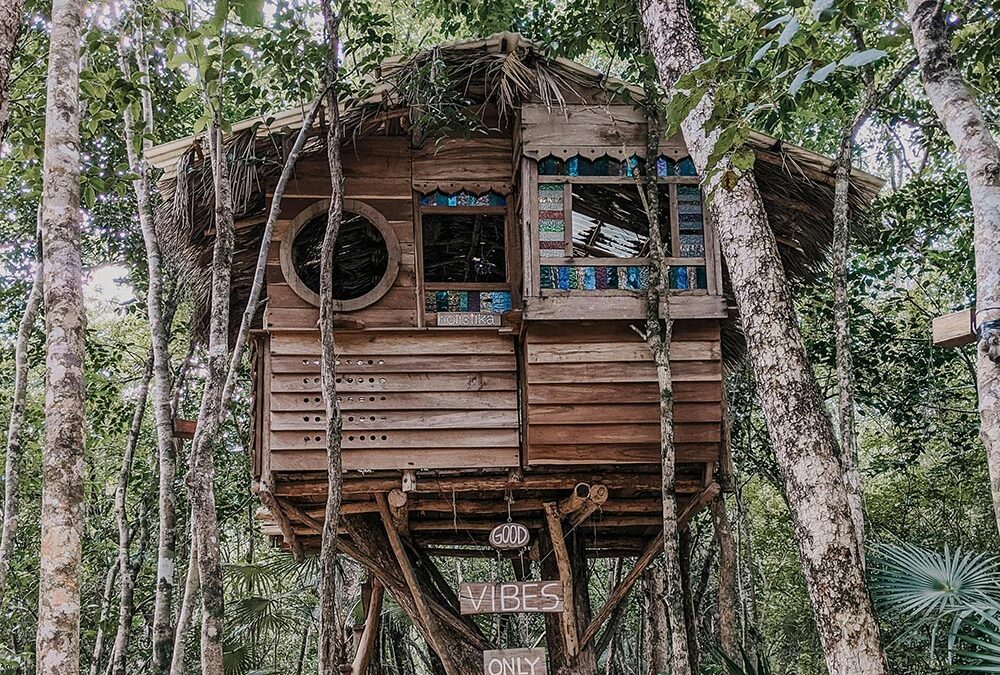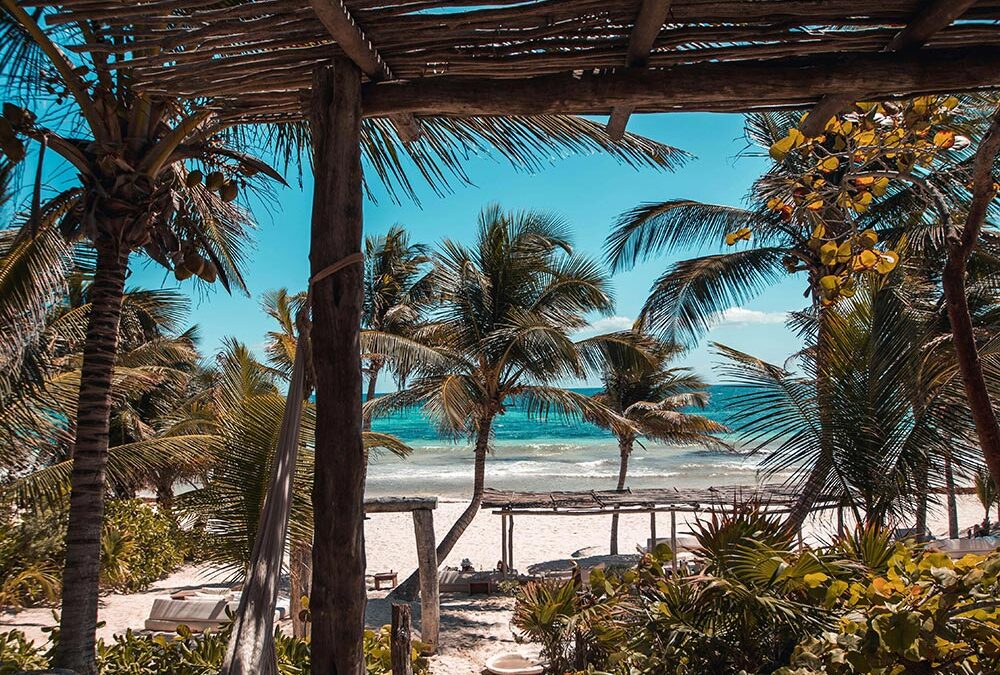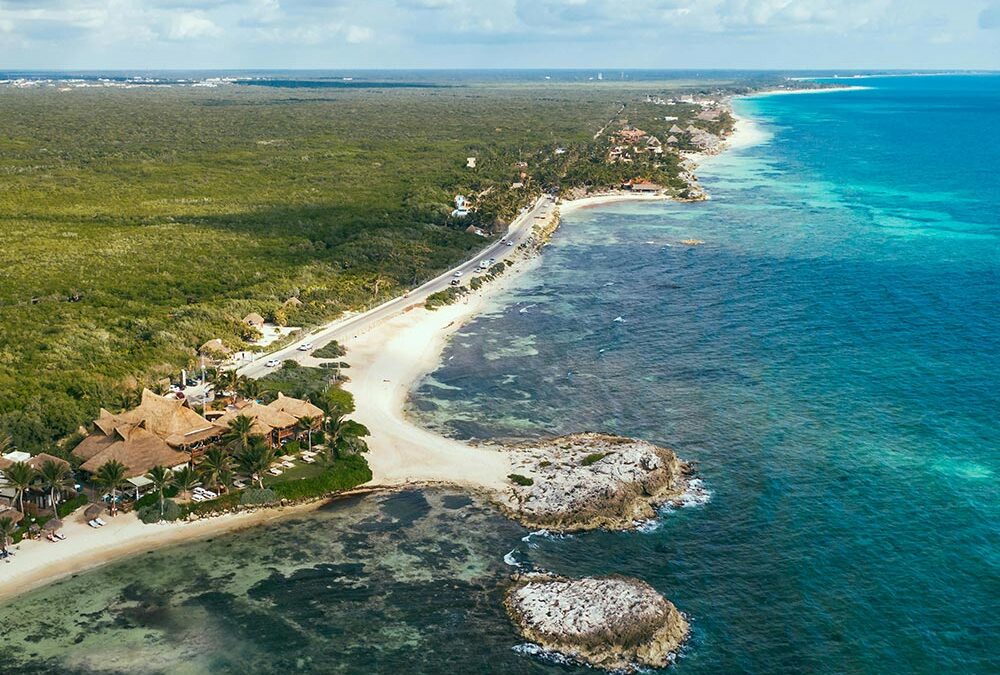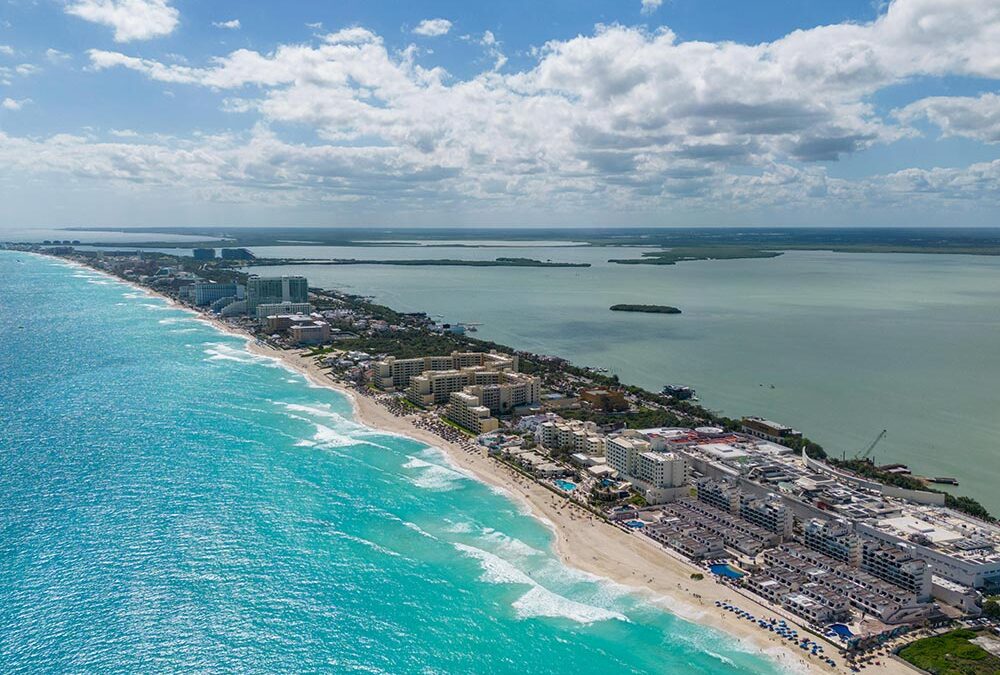The Riviera Maya, stretching along Mexico’s Caribbean coastline, has emerged as a top destination for real estate investment, attracting buyers with its pristine beaches, growing tourism industry, and vibrant culture. With the promise of high rental yields and robust capital appreciation, the region offers lucrative opportunities for those looking to diversify their portfolios. However, the rapid pace of development has also brought challenges, including the rise of inexperienced or untrustworthy developers. Failing to conduct proper due diligence can lead to costly mistakes, such as unfinished projects, legal complications, or substandard construction. This guide equips you with the tools and insights necessary to confidently identify and partner with trusted developers, ensuring your investment is secure and rewarding.
Understanding the Riviera Maya Real Estate Market
The Appeal of the Riviera Maya
The Riviera Maya, encompassing hotspots like Playa del Carmen, Tulum, and Akumal, has become a magnet for investors seeking vacation properties, retirement homes, or income-generating rentals. The region benefits from a strong tourism-driven economy, drawing millions of visitors annually who seek accommodations ranging from luxury villas to eco-friendly condos. This robust demand creates excellent potential for rental income, with annual yields averaging between 6% and 10%, depending on location and property type. Additionally, property values in the region have consistently appreciated, providing capital growth for long-term investors.
Market Dynamics and Risks
While the Riviera Maya real estate market offers significant rewards, it is not without its risks. The rapid pace of development has sometimes led to oversupply in certain areas, which can temporarily affect rental yields or property resale values. Moreover, the region’s regulatory framework may differ from what foreign investors are accustomed to, requiring careful navigation of permits and zoning laws. Choosing an experienced and reputable developer can mitigate these risks, as they are more likely to deliver projects that comply with local regulations, meet high-quality standards, and align with market demand.
Key Characteristics of Trusted Developers
Proven Track Record
Reputable developers can demonstrate a solid history of successful projects, completed on time and to the satisfaction of buyers. Look for companies with portfolios that include multiple completed developments in the Riviera Maya or similar regions. These projects should showcase high-quality construction, appealing designs, and strong resale values. Speak with past buyers to learn about their experiences, and request testimonials or references directly from the developer. Trusted developers are proud to share their accomplishments and will often invite potential clients to tour their completed properties.
Transparency in Communication
A hallmark of a trustworthy developer is their willingness to maintain open and honest communication. This includes providing detailed project timelines, clear pricing structures, and realistic completion dates. Reliable developers are proactive in addressing potential challenges or delays and provide regular updates throughout the construction process. They should also be forthcoming about all costs involved, including maintenance fees, property taxes, and closing costs, to help you make an informed decision. Transparency builds trust and reflects the developer’s commitment to long-term client satisfaction.
Commitment to Quality
High-quality materials and construction standards are essential for a property’s durability, functionality, and resale value. Trusted developers often partner with experienced architects, engineers, and contractors to deliver projects that meet or exceed industry benchmarks. Inspecting completed properties or ongoing construction sites can provide insights into the developer’s quality standards. Key indicators of quality include well-executed finishes, energy-efficient designs, and compliance with local building codes. Reputable developers are also more likely to offer warranties on construction work, ensuring peace of mind for buyers.
Research Strategies to Vet Developers
Review Their Portfolio
Start by exploring the developer’s portfolio, which should include a variety of past and ongoing projects. Look for evidence of timely project completions, consistent architectural quality, and positive reviews from buyers. Use online platforms, such as real estate forums, social media, and review sites, to gather additional feedback. While positive reviews are a good sign, pay attention to any recurring complaints, such as delays, lack of communication, or construction issues. These can signal potential problems with the developer’s reliability or professionalism.
Check Certifications and Memberships
Industry certifications and memberships in professional organizations are strong indicators of a developer’s credibility. For instance, affiliation with the AMPI (Mexican Association of Real Estate Professionals) signifies adherence to ethical standards and industry best practices. Developers who comply with certifications like ISO (International Organization for Standardization) or LEED (Leadership in Energy and Environmental Design) for sustainable building practices further demonstrate their commitment to quality and innovation. Verify these credentials through official sources to ensure their legitimacy.
Seek Local Expertise
Engaging with local real estate agents, attorneys, or property consultants can provide invaluable insights into the Riviera Maya market and its developers. These professionals are often familiar with the reputations of various builders and can recommend reliable options based on your investment goals. Additionally, they can help you navigate local regulations, conduct due diligence on a developer, and review contractual terms to ensure your interests are protected.
Red Flags to Avoid
Lack of Documentation
A legitimate developer will readily provide documentation for their projects, including building permits, environmental impact assessments, and title deeds. Refusal to share these documents or offering vague explanations about their absence should raise immediate concerns. Missing permits can lead to legal disputes, project delays, or even the risk of demolition if the property violates local regulations. Always verify the authenticity of the documentation with a qualified legal professional.
Unrealistic Promises
Be cautious of developers who make overly optimistic claims, such as guaranteed rental income or property appreciation rates that far exceed market norms. These promises are often used as marketing tactics to attract unsuspecting investors but may lack substantiation. Trustworthy developers provide data-backed projections that align with current market trends and are transparent about potential risks involved.
Negative Reviews or Legal Issues
Conduct a thorough background check to identify any lawsuits, complaints, or negative media coverage associated with the developer. Persistent issues, such as project delays, poor construction quality, or disputes with buyers, are strong indicators to avoid a particular developer. Public records and online forums are good sources for uncovering this information, and local attorneys can assist in verifying legal standing.
Legal Safeguards and Documentation
Due Diligence and Contracts
Before committing to a property purchase, engage a reputable real estate attorney to review all legal documents, including contracts, permits, and title deeds. A well-drafted purchase agreement should clearly outline the developer’s obligations, project specifications, timelines, and penalties for non-compliance. Additionally, it is important to verify the property’s legal status to ensure it is free of liens, encumbrances, or other legal disputes. These steps are essential to protect your investment and avoid unforeseen complications.
Escrow and Payment Plans
Structured payment plans linked to construction milestones are a common practice in the Riviera Maya real estate market. These plans allow investors to make incremental payments as the project progresses, reducing financial risk. Using an escrow account to hold funds adds another layer of security, ensuring that payments are only released to the developer upon satisfactory completion of each phase. This approach minimizes the risk of losing money due to project delays or abandonment.
Case Study: A Successful Riviera Maya Investment
John and Maria, a couple from California, dreamed of owning a vacation property in Tulum that could also generate rental income. They began by researching several developers, ultimately selecting one with a strong track record of delivering high-quality projects in the region. The developer’s membership in AMPI and their partnership with a well-known architectural firm reassured them of the company’s professionalism. To protect their investment, John and Maria hired a local attorney to review the contracts and verify all necessary permits. They also opted for a payment plan tied to construction milestones, using an escrow account to safeguard their funds. The property was delivered on time and to specification, and within the first year, their rental income exceeded projections by 15%. This success underscores the value of partnering with trusted developers and performing thorough due diligence.
Conclusion
Investing in the Riviera Maya’s real estate market can be a lucrative venture, provided you take the necessary steps to ensure the reliability of your chosen developer. By prioritizing developers with proven track records, transparency, and a commitment to quality, you can reduce risks and maximize returns. Thorough research, local expertise, and legal safeguards are essential tools in navigating this dynamic market. As the Riviera Maya continues to grow in popularity, aligning with trusted developers will enable you to capitalize on its opportunities while protecting your financial interests.
FAQs
How do I verify a developer’s reputation in Riviera Maya?
Verify their portfolio, check reviews from previous clients, and consult local real estate experts or attorneys. Research industry certifications and memberships to gauge credibility.
What certifications should I look for in a developer?
Certifications such as AMPI membership, ISO compliance, or LEED certification for sustainable construction practices indicate reliability and professionalism.
What risks are associated with unverified developers?
Potential risks include project delays, legal disputes, substandard construction, and financial losses. Thorough due diligence minimizes these risks.
Are payment plans common in Riviera Maya real estate?
Yes, most developers offer structured payment plans linked to construction milestones. These plans provide financial flexibility and reduce upfront risk.
Can I trust online reviews of developers?
Online reviews are helpful but should be supplemented with direct research, site visits, and consultations with local professionals to ensure a comprehensive evaluation.

